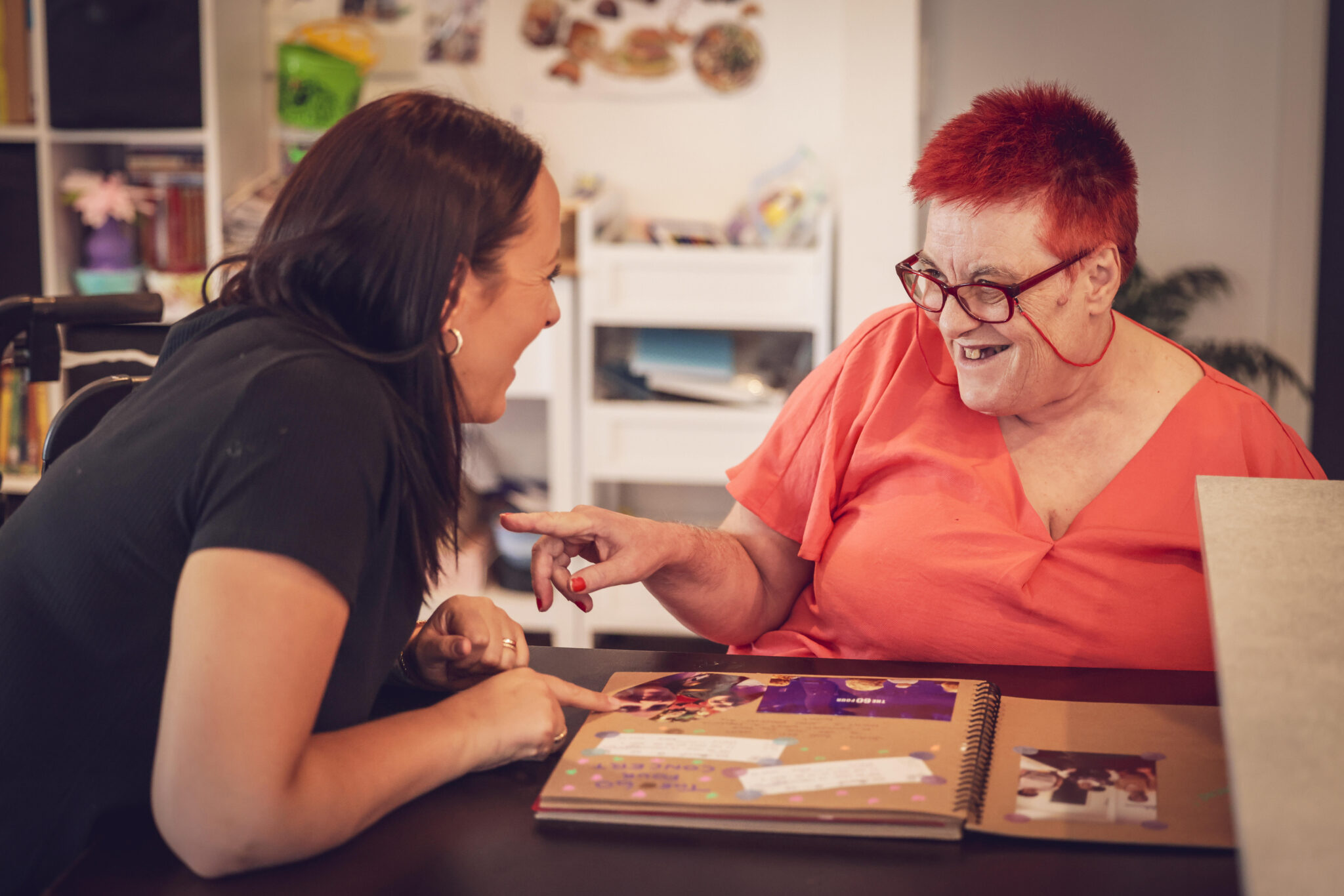
How to choose a Supported Independent Living provider
Choosing the right Supported Independent Living (SIL) provider is a big decision. The right provider can help you live more independently, feel safe and achieve your goals. But with so many options out there, how do you know which one is right for you?
Here’s a step-by-step guide to help you make an informed choice.
Step 1: Research registered NDIS providers
Start by looking for NDIS-registered providers in your area. The NDIS website has a list of approved providers such as Melba, or you can ask for recommendations from your support network.
Step 2: Check their experience and specialties
Not all SIL providers are the same. Some specialise in certain disabilities, age groups, or support models. Find a provider experienced in supporting people with needs similar to yours. Melba is a human rights-focused organisation, committed to supporting people with diverse needs and complexities. We take pride in providing person-centred support tailored to each individual.
Step 3: Request detailed information
Ask providers for a clear breakdown of their services. A good provider should be able to explain how they’ll support you and answer any questions you have.
Step 4: Visit potential homes
If you’re considering shared accommodation, visit the home to see if it feels comfortable and suitable for your needs. Pay attention to cleanliness, accessibility and the overall environment.
Step 5: Interview providers
Prepare some questions and speak directly with providers before making a decision. Here are some key things to ask about:
- Staff qualifications and training: Are staff trained in your specific support needs? If not, what training does the organisation provide?
- Staff-to-resident ratio: Will you get enough support when you need it?
- Emergency procedures: How do they handle urgent situations?
- Daily routines and flexibility: Can you have input into your schedule?
- Support for personal goals: Will they help you develop skills and independence?
- Cultural sensitivity: Do they respect and support your background and values?
- Cost breakdown: What’s included in the funding? Any extra costs?
- Complaint handling: How do they resolve issues if something goes wrong?
Step 6: Review service agreements carefully
Before signing anything, read the service agreement carefully. Make sure you understand the terms, including your rights, responsibilities and any cancellation policies.
Red flags to watch for
Be cautious if a provider:
- Can’t clearly explain their services.
- Won’t provide references from other participants.
- Isn’t properly registered with the NDIS.
- Offers inflexible support that doesn’t meet your needs.
- Has poor communication or delays in responding to your inquiries.
- Offers you supports that are above your planned budget.
A good provider should be transparent, professional and willing to answer all your questions.
Practical tips for choosing an SIL provider
- Take your time – don’t rush the decision.
- Involve family, friends, or an advocate in the process.
- If you’re enquiring to live in a shared home, ask to meet potential housemates.
- Request a trial period if possible to see if it’s the right fit.
Need help finding the right SIL provider?
Finding the right provider can feel overwhelming, but you don’t have to do it alone. If you need guidance, Melba is here to help! Contact Jessamine today to explore your SIL options and find the support that’s right for you. Jessamine can be contacted at silvacancies@melbasupport.com.au or on 03 8763 4360.




